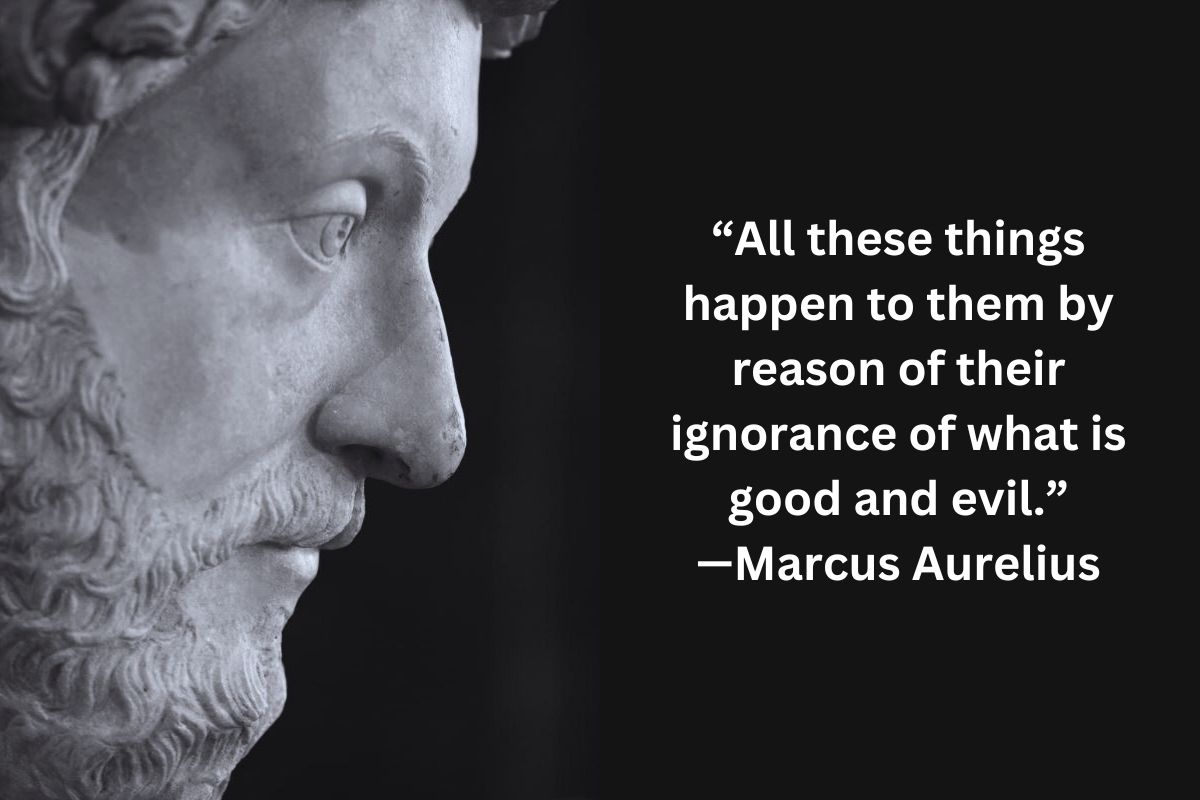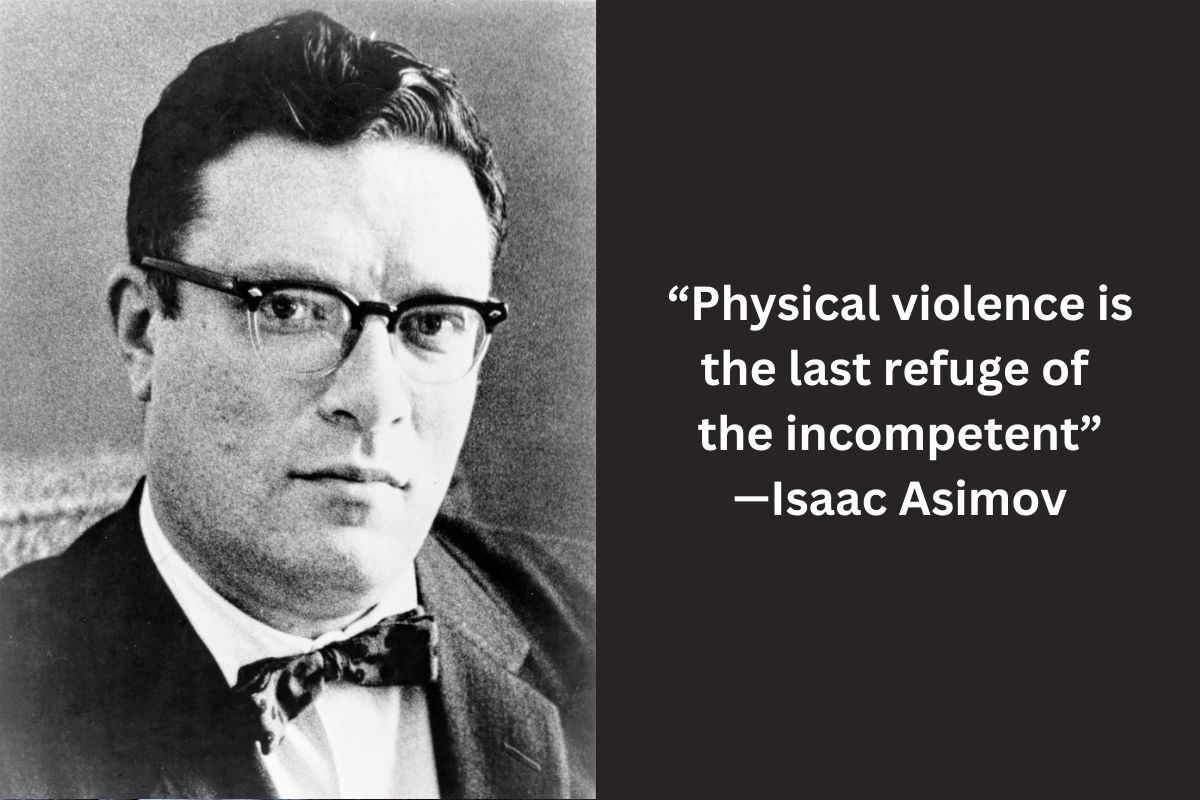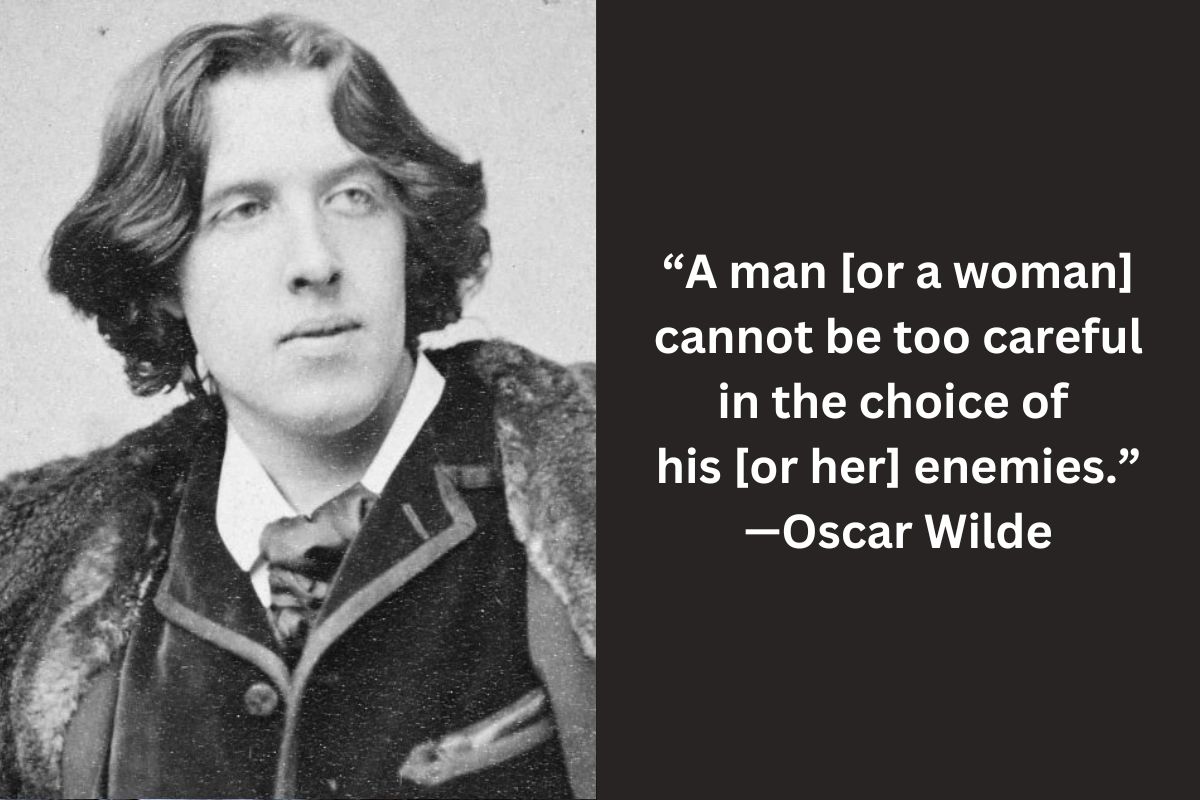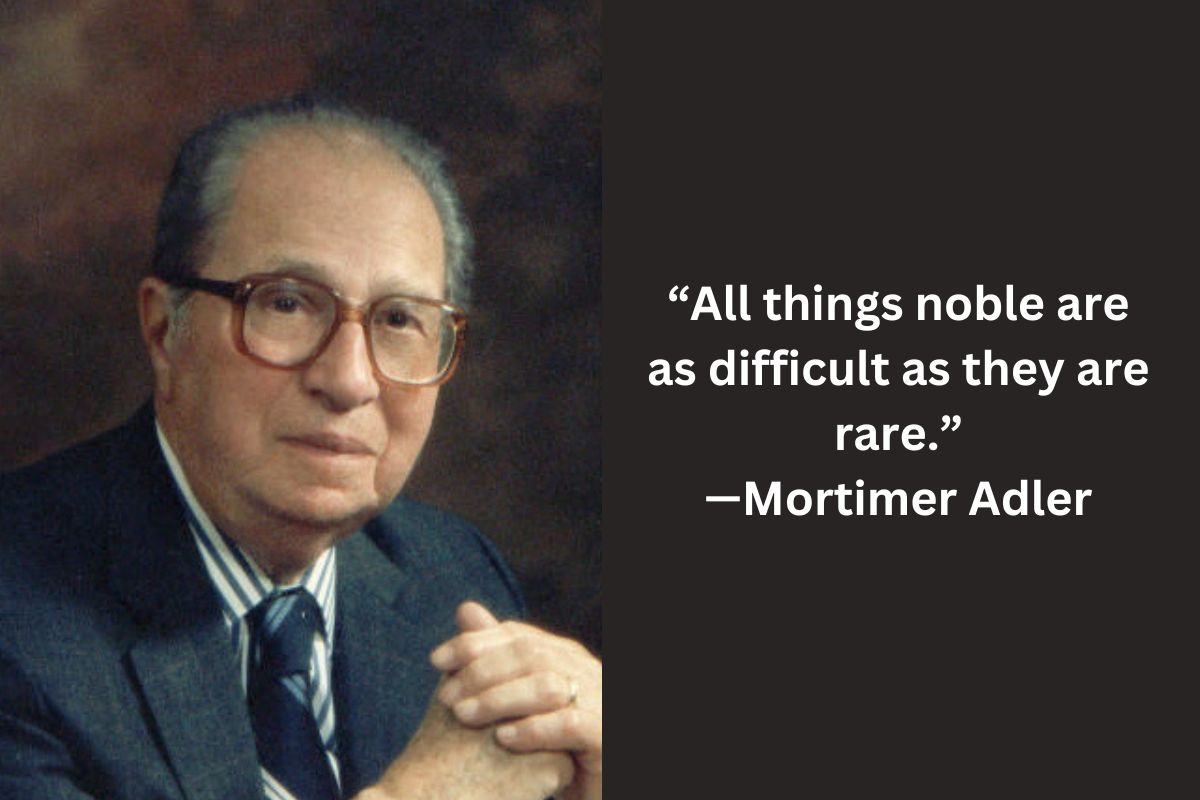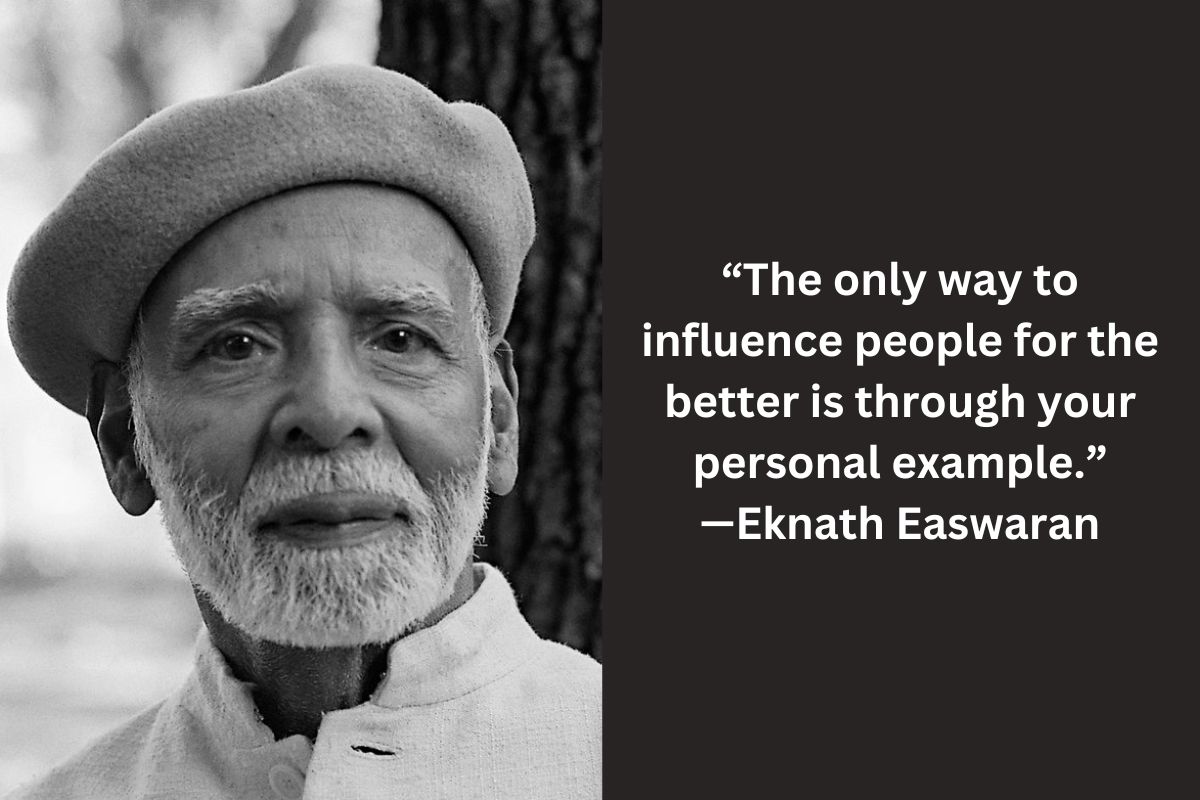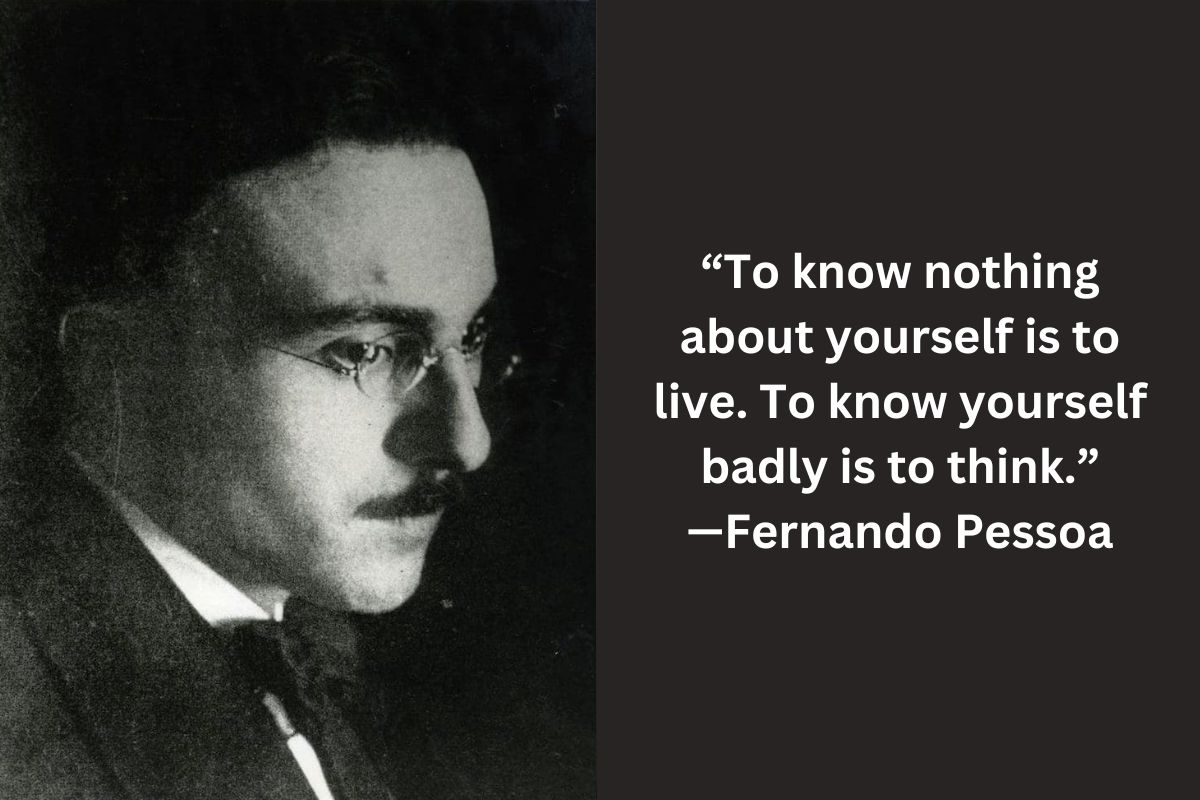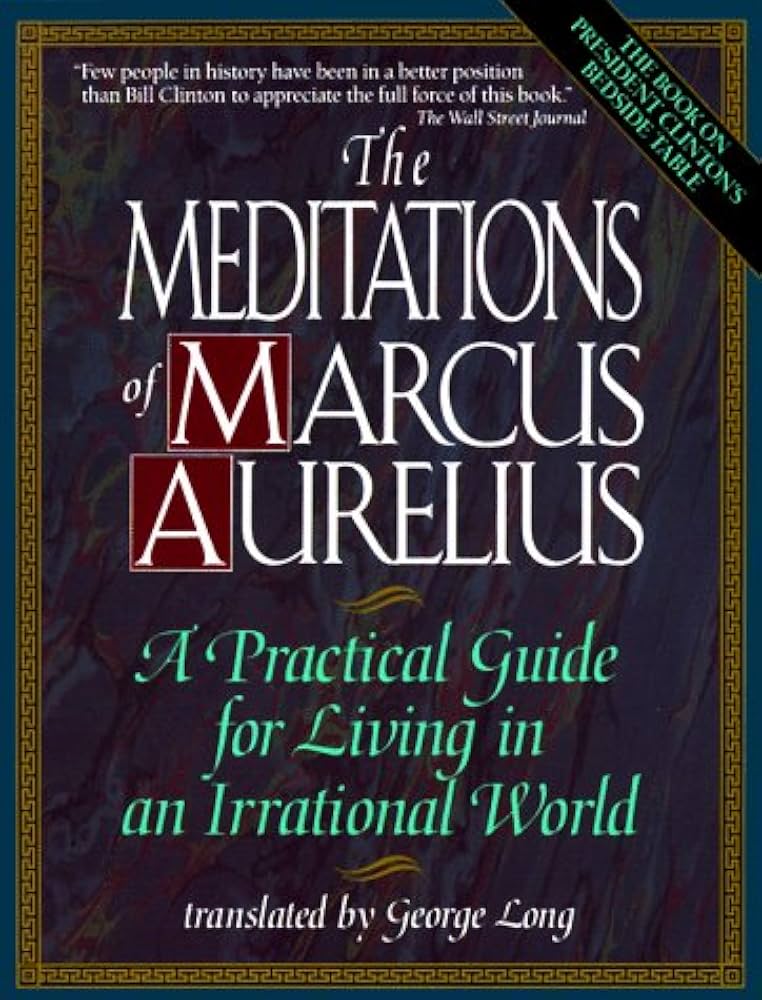 “We survive and thrive only in an environment of concern, affection, and warmheartedness,” The Dalai Lama wrote in his reflection on cultivating inner values. Yet almost always this is not what drives our actions when we interact with other people, especially those that question our competence, beliefs, and even sanity. I will be the first to admit that finding a common ground with an opponent requires infinite amount of patience and self-awareness powerful enough to withstand our boundless ego and its constant need to be right. And many of us fail miserably at this task. Fortunately, there have been people who found a better way to handle conflicts, one that chooses compassion over competition and shows that cooperation is a common thread that binds all of us as human beings. I’m talking about the Roman Emperor Marcus Aurelius who wrote the following in his timeless Meditations:
“We survive and thrive only in an environment of concern, affection, and warmheartedness,” The Dalai Lama wrote in his reflection on cultivating inner values. Yet almost always this is not what drives our actions when we interact with other people, especially those that question our competence, beliefs, and even sanity. I will be the first to admit that finding a common ground with an opponent requires infinite amount of patience and self-awareness powerful enough to withstand our boundless ego and its constant need to be right. And many of us fail miserably at this task. Fortunately, there have been people who found a better way to handle conflicts, one that chooses compassion over competition and shows that cooperation is a common thread that binds all of us as human beings. I’m talking about the Roman Emperor Marcus Aurelius who wrote the following in his timeless Meditations:
Begin the morning by saying to thyself, I shall meet with the busybody, the ungrateful, arrogant, deceitful, envious, unsocial. All these things happen to them by reason of their ignorance of what is good and evil. But I who have seen the nature of the good that is beautiful, and of the bad that is ugly, and the nature of him [or her] who does wrong, that it is akin to me, not only of the same blood or seed, but that it participates in the same intelligence and the same portion of the divinity, I can neither be injured by any of them, for no one can fix on me what is ugly, nor can I be angry with my kinsman, nor hate him [or her], For we are made for cooperation, like feet, like hands, like eyelids, like the rows of the upper and lower teeth. To act against one another then is contrary to nature; and it is acting against one another to be vexed and to turn away.
Complement this timeless Meditation with Aristotle on virtues as habits and then revisit Buddhist nun Pema Chodron’s on-the-spot compassion practice “Just Like Me.”

I’m a freelance writer with 6 years of experience in SEO blogging and article publishing. I currently run two websites: MindfulSpot.com and OurReadingLife.com. While you’re here, get the latest updates by subscribing to my newsletter.

